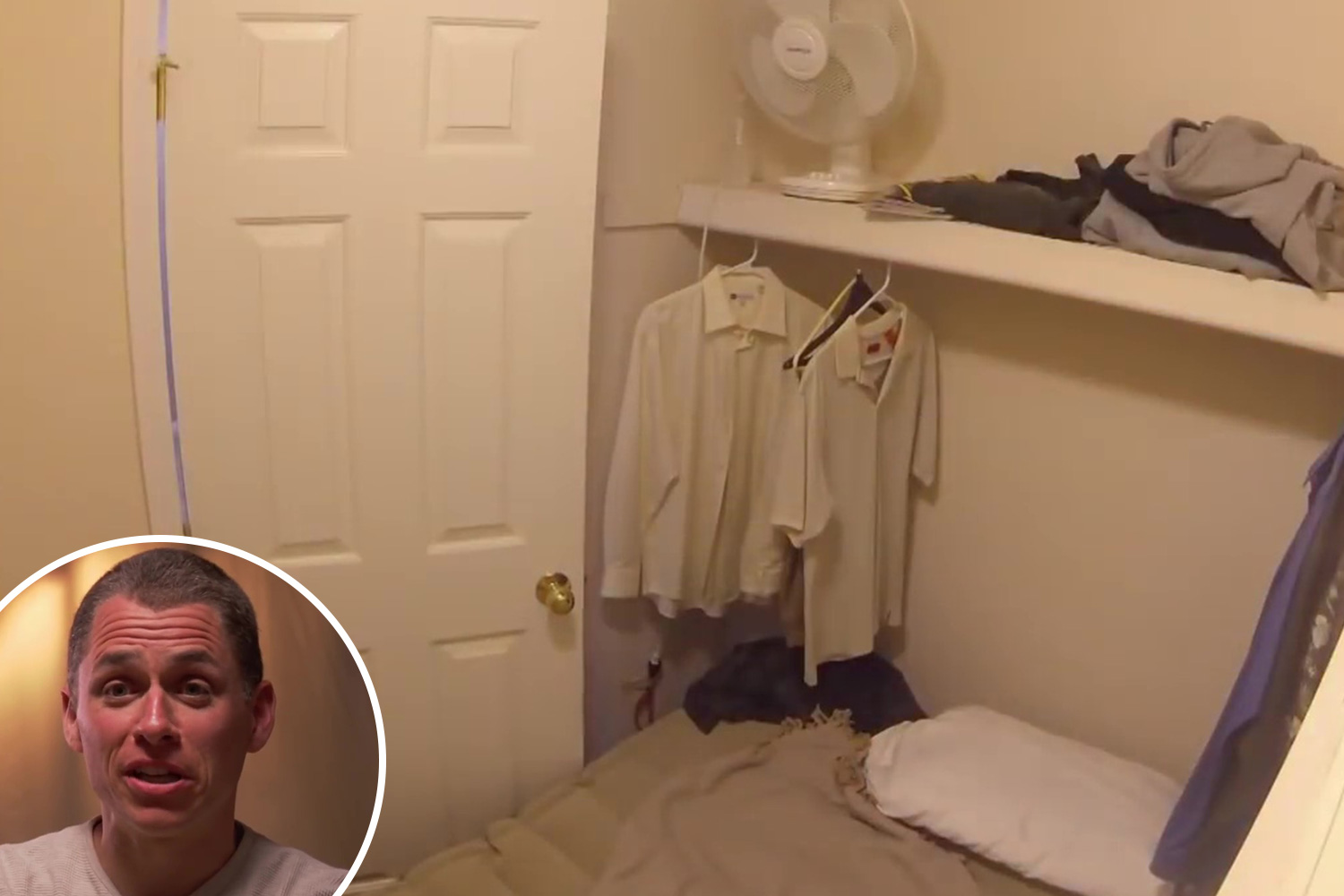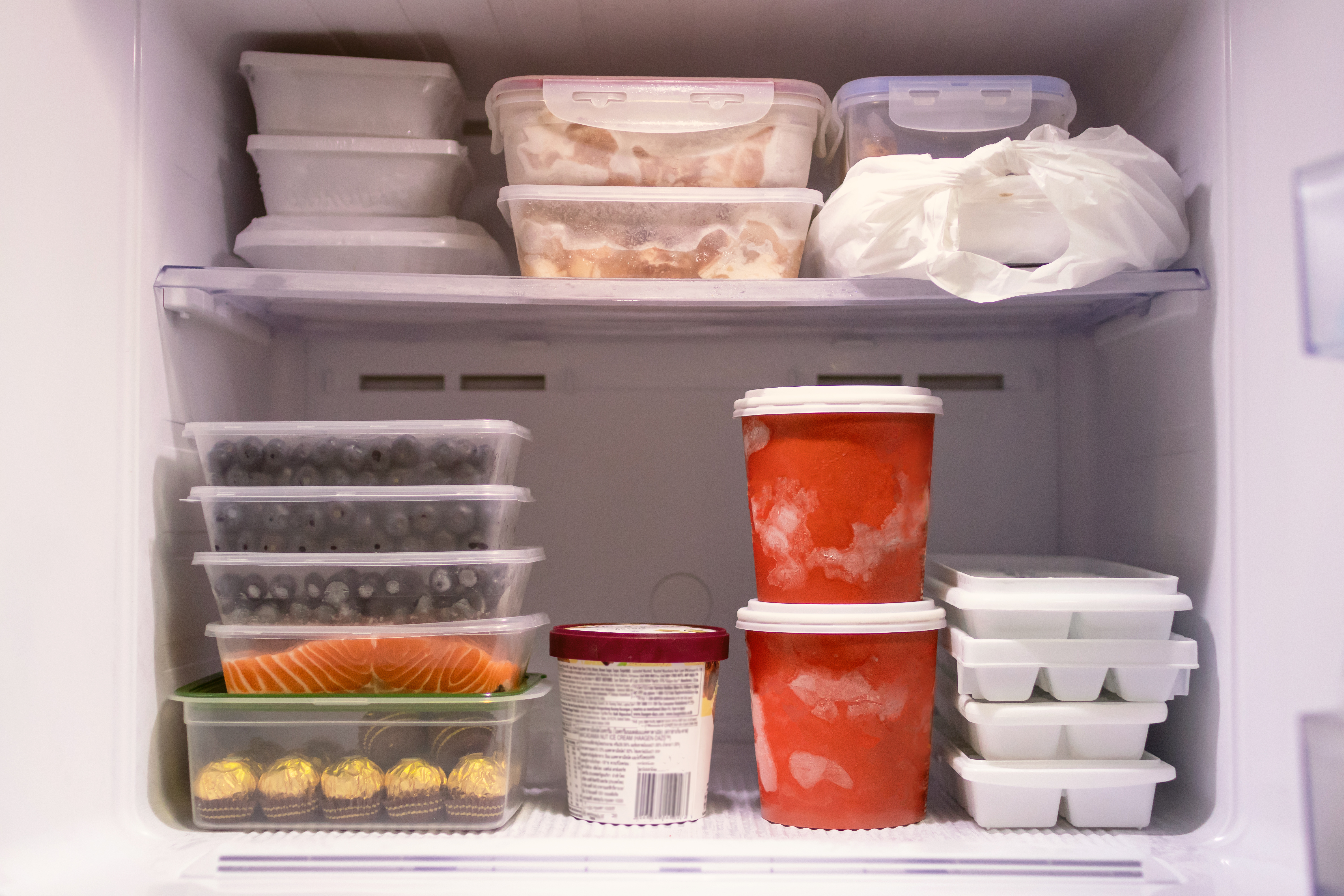MANY shoppers are feeling the pinch with the increase in living costs and rising bills.
But a money-saving expert has revealed that you can slash a quarter off your weekly food bill – and it’s down to using your freezer.
Recent shopper research showed that 23 per cent of adults find it more difficult to pay household bills this year compared to one year ago.
Partnering with Birds Eye, money-saving whizz Kate Hall revealed her top tips for saving money on food by switching from fresh food to making the most of the freezer.
Her expert tips reveal how to effectively slash the cost of a weekly shop by up to 25 per cent…
1. Save Food, Save Money
Buying frozen is a brilliant way to help reduce your food waste and save yourself some money.


By using frozen foods, we can just cook as much as we need, putting the rest back in the freezer for another day, allowing us to stretch our food further, and of course, it will last far longer than it would in the fridge.
Freezing is a fabulous way of preserving vegetables as freezing locks in their natural goodness, only releasing it once the food is cooked and ready to eat.
Vegetables start losing important nutrients as soon as they are picked, so by freezing the produce as soon after harvesting as possible, the more nutritional value the veg on your plate will have.
Frozen peas are a perfect example, with their vitamin C locked in.
Most read in Lifestyle
Frozen vegetables are a great option for a healthy diet, especially if you microwave steam them!
2. Create a Freezer Stash System
First, make sure the foods in your freezer are grouped by what type of food they are – meat, fish, veg etc. and use boxes, tubs, or sturdy bags to carve up the space. If possible, label each area so it’s clear what lives where.
This way, everyone in the family knows where to look!
FABULOUS BINGO: Get a £20 bonus & 30 free spins when you spend £10 today
I then recommend repacking bulky foods into reusable freezer bags, squeezing the air out and sealing.
You can cut any cooking instructions off the packaging and place them with the bag, then write the date and contents across the top of the bag.
These can then be arranged like a ‘filing cabinet’ so that you can easily access everything!
3. Ditch Defrosting
Whilst it is necessary to defrost some foods before cooking (and you should always follow the instructions on the packaging), conveniently, most are best cooked straight from frozen.
If you are using individual frozen ingredients such as Birds Eye Garden Peas, cooking from frozen doesn’t tend to take any longer than cooking from fresh.
When planning your meal, if ingredients should be cooked from frozen, which includes all of Birds Eye’s products, that’s a whole amount of time saved instead of waiting for your dinner to defrost.
If cooking on the hob, it’s best to use a high heat initially to evaporate the excess moisture, before reducing the heat.
Just be sure your food is piping hot throughout before serving!
Kate Hall, at My Full Freezer, said: “For many families that I have worked with, the freezer was previously seen as a place for ‘back-up food’.
“It would be crammed full, but they were never quite sure what was in there. I love shifting their perspectives to see just how powerful their home freezer can be at saving money.
“By organising the space, and using more frozen products (and freezing leftover fresh food, where possible!) we can reduce our food waste, save money and enjoy a far wider variety of meals.
“I often find that people don’t realise that most frozen foods don’t contain, or need, any preservatives, or that frozen vegetables are as nutritionally good as fresh (if not better) because they are frozen so soon after being harvested.
“There is something incredibly satisfying about being able to cook a meal with a variety of healthy ingredients, knowing that nothing is going to go to waste.”


